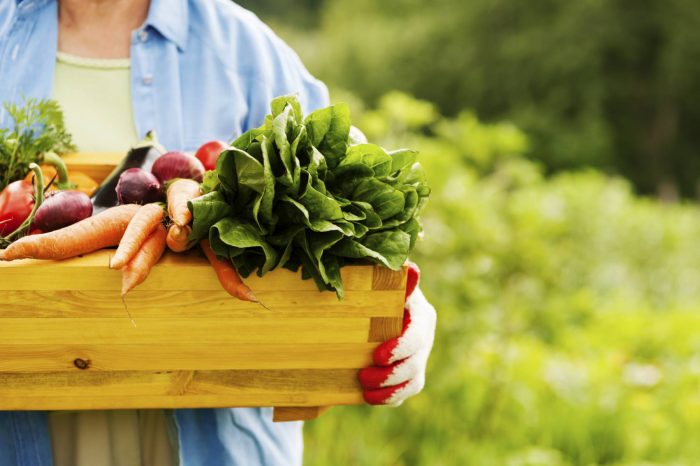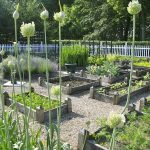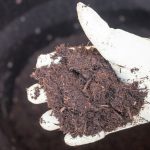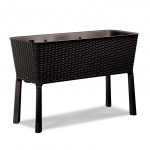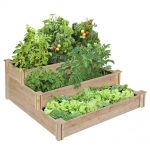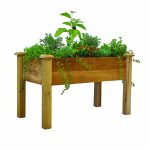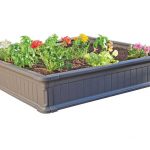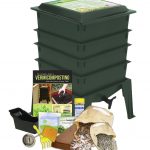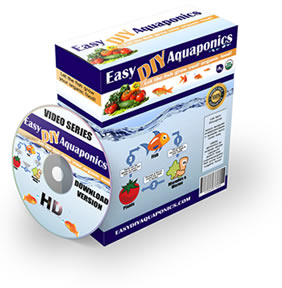For a lot of people, gardening is a wonderful hobby. For others, it’s a way to get fresh fruits and vegetables without worrying about contamination from fertilizers, pesticides, or GMO’s. If you’re interested in organic gardening, we’re going to give you some tips for growing organic vegetables.
Make Sure You’re Using Nutrient Rich Soil
The soil your plants are growing in will make a big difference when it comes to the health of your plants. Nutrient rich soil will allow your plants to grow strong and healthy, and yield more vegetables. Of course you can have nutrient rich soil without using chemical fertilizers.
One way to make sure you have nutrient rich soil is to compost your yard clippings and kitchen scraps. Making your own compost at home is easy and is very beneficial to your garden. It also helps to reduce the amount of trash you’re sending to the landfill. You may also want to look into vermicomposting, or raising worms and using worm castings to fortify your soil. Worm castings are some of the best natural fertilizer available.
Space Your Plants Wisely
For your plants to be as healthy as possible, they need to have enough room to grow so that they’re not competing with each other for resources. At the same time, if your plants are spaced very far apart, you won’t be maximizing your yield for the square footage you have available.
Different types of plants will require more or less space than other types of plants. When you decide what types of vegetables you want to grow in your garden, do some research about the proper spacing before you start planting.
Rotate Your Crops
If you plant the same vegetables in the same place year after year, your plants may become more susceptible to disease. You may also be depleting the soil of certain types of nutrients. By rotating your crops, you will minimize these negative effects and you’ll have a stronger, healthier garden.
When the War against Weeds
We mentioned earlier that if you plant your vegetables too close together, they will be competing with each other for resources. The same thing happens if you allow weeds to start growing. The weeds will crowd your plants, compete with them for resources, and they may even attract unwanted pests.
It’s a good idea to check your garden on a regular basis and pull weeds as soon as you see them. To help prevent weeds from growing in the first place, you should put a layer of mulch over the soil. In addition to preventing weeds, mulch can also help prevent fungal diseases. Mulch will also break down over time and when it decomposes it will add organic matter to your soil.
All Things in Moderation
A lot of people tend to overwater and over fertilize their garden. People think that if water and fertilizer are good, then more water and fertilizer must be better. Adding too much fertilizer, especially fertilizers rich in nitrogen, can damage your plants and also negatively affect the soil.
Overwatering your plants can also do a lot of damage. Too much water can make your plants more susceptible to disease, so make sure your plants are getting enough water, but not too much.

